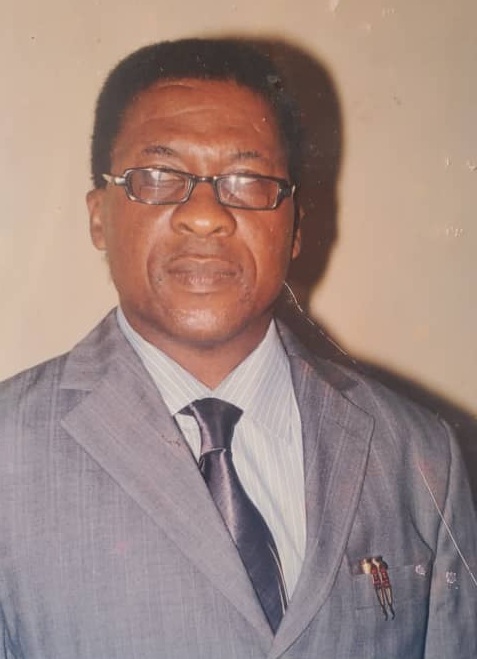Many Nigerians are still trying to fathom the desirability of a proposed voting bill before the House of Representatives which seeks to make voting compulsory for all Nigerians of voting age in national and state elections.
The controversial bill proposes a penalty of six months in jail or a ₦100,000 fine for those who don’t vote during elections in Nigeria.
Egypt is said to be the only African country that has a compulsory voting law.
The bill has however, received heavy criticism from Nigerians including legal experts.
In the view of human rights activists and lawyer, Oliseh Agbokoba, SAN, the bill before the National Assembly is an attempt to enforce compulsory voting, arguing that it fails to address the root causes of voter apathy in the country.
He also described it as “ridiculous,” saying that
he would “rather go to prison for six months than to obey it,” that is if it is finally passed.
Another legal luminary, Femi Falana described the bill as “unconstitutional.”
Falana was quoted as saying, “the bill is inconsistent with several provisions of the 1999 Constitution, which guarantee citizens’ rights to privacy, freedom of thought, and freedom of conscience.” He further said the constitutional provisions protect the fundamental rights of the Nigerian people to privacy, freedom of thought and conscience, as well as the freedom to register and vote in national and state elections conducted in Nigeria.”
This bill if passed into law, portends serious implications for both the electoral commission, the electoral system, citizens and the security agencies. One important question here is whether INEC has what it takes in terms of logistics to ensure that all Nigerians of voting age are registered and issued with PVCs?
In a country of about 200 million people, does INEC have what it takes to ensure smooth conduct of elections in which every Nigerian of voting will unfailingly cast their votes on an election day? And with the country’s huge population, how do security agents identify and ensure prosecution of those who fail to vote on an election day? The list of questions can continue.
According to Falana, “Compulsory voting cannot be legalised in vacuo. Apart from the possibility that it may be declared illegal under the current political dispensation, it is practically impossible to prosecute millions of Nigerians who may decide to boycott national and local elections that have been reduced to the periodic renewal of misgovernance, corruption, and abuse of power by pampered members of the political class.”
Since issues such as corruption, electoral violence, misgovernance and abuse of power lead to voter aparthy,
Nigeria Newspoint would prefer that the National Assembly jettisons the controversial bill and rather focuses on laws that will eliminate rigging, violence, other electoral fraud, as well as give legal backbone to the cherished idea of electronic transmission (e-transmission) of election results.
This is because free, fair and transparent elections will not only guarantee the emergence of good leaders and culminnate in good governance, but above all, restore the waning confidence of Nigerians in the electoral process.
And by so-doing, reduce voter aparthy.



